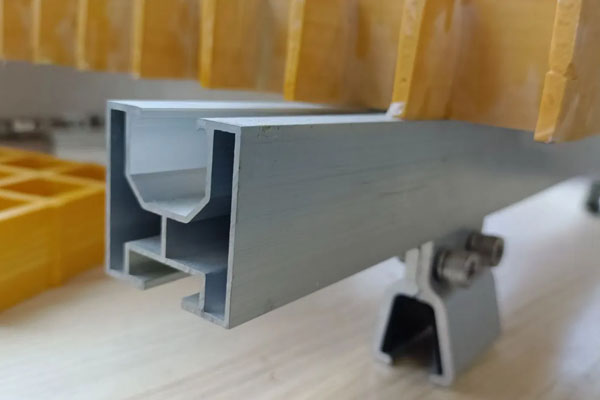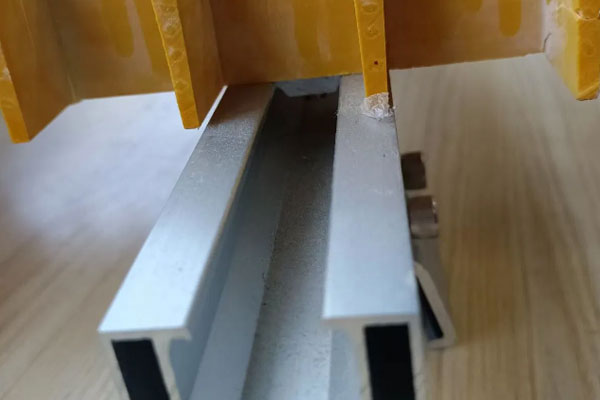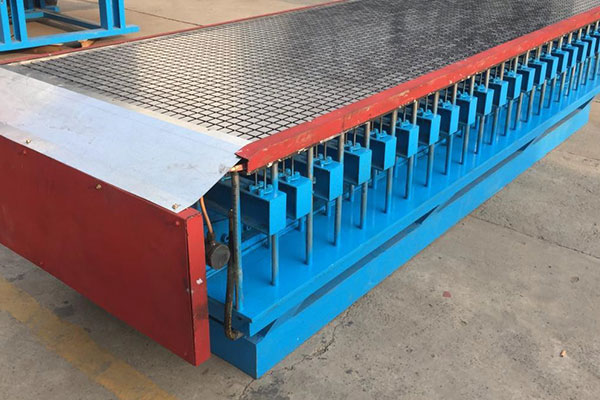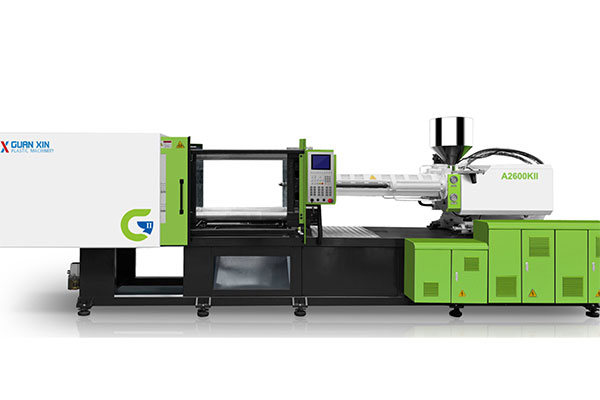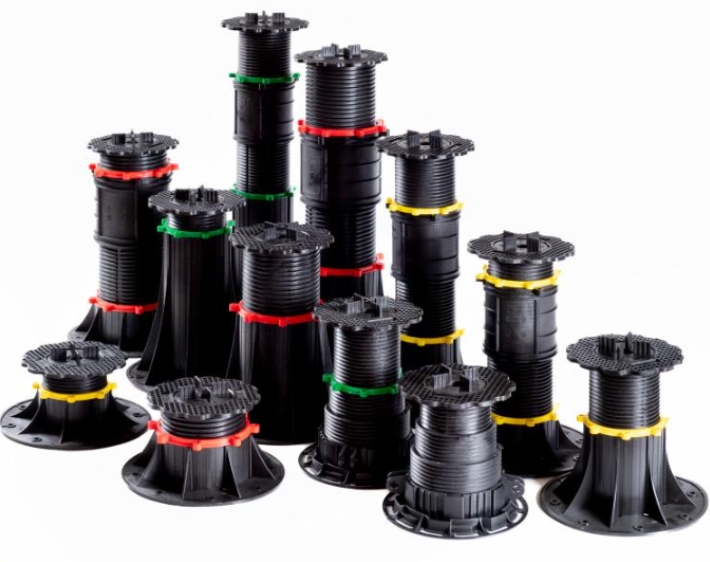The Solar Maintenance Walkway Rails - 2000 Series are specially designed safety and access systems tailored for photovoltaic (PV) solar farms and rooftop installations. These rails offer a non-invasive, secure, and modular walking platform for maintenance personnel. Their lightweight yet robust construction ensures long-term durability in various weather conditions without compromising panel performance or roof integrity.
Product performance introduction
Technical Data Sheet:
| Feature | Specification |
|---|---|
| Model | Solar Walkway Rail – 2000 Series |
| Material | Marine-grade aluminum alloy / HDG Steel / FRP (options) |
| Surface Finish | Anti-slip serrated / sanded / ribbed |
| Dimensions (Standard) | Length: 3000 mm (customizable) Width: 600 mm Height: 40 mm |
| Weight | ~8-12 kg per meter (depends on material) |
| Load Rating | ≥ 2.5 kN/m² uniformly distributed load |
| Fixing Type | Clamp-on / Non-penetrative for rooftop or direct-bolt for ground arrays |
| Compatibility | Compatible with most tilt-rack solar mounting systems |
| UV Resistance | Yes (UV-stabilized materials for outdoor use) |
| Corrosion Resistance | High (ideal for coastal or desert environments) |
| Color Options | Yellow, Gray, Black (standard); Custom on request |
| Optional Accessories | Guardrails, Kickplates, Toe boards, Walkway connectors |
| Certifications | ISO 9001, CE, OSHA compliant |
Applications:
-
Ground-mounted and rooftop solar farms
-
Commercial and industrial PV systems
-
Flat roof solar installations
-
Utility-scale solar parks
Key Benefits:
-
Safety: Anti-slip surface and optional safety rails improve worker safety.
-
Durability: Engineered to withstand extreme UV exposure, rain, snow, and sand.
-
Ease of Installation: Modular and lightweight design reduces labor and installation time.
-
Eco-friendly: 100% recyclable materials with low maintenance.
Solar maintenance walkway rails
Series :
supporting equipment >application
Industrial platforms and walkways Drainage trench covers Cooling tower floors Offshore installations Architectural facades Food and beverage plants
Brand name :
TFcomposite
Product name :
Molded Grille Machinery
FAQ
Q :
How is molded grating different from pultruded grating?
A :
Molded grating is made by pouring resin over fiberglass mats in a mold, resulting in a bidirectional strength pattern. Pultruded grating is made by pulling continuous fiberglass strands through a resin bath and a heated die, offering higher longitudinal strength.
Q :
What type of press is used in molded grille production?
A :
A hydraulic compression press with heated platens is most commonly used. Press capacity ranges from 500 to 1500 tons, depending on the grille size and thickness.
Q :
What materials can the machinery handle?
A :
The machinery is compatible with: Fiberglass (E-glass or S-glass) Resins (polyester, vinyl ester, epoxy, phenolic) Additives like UV inhibitors, pigments, and flame retardants
Q :
How are molds designed for different grille sizes?
A :
Molds are custom-fabricated based on required: Mesh patterns (square, rectangular) Panel thickness (e.g., 25 mm, 38 mm, 50 mm) Grille surface type (concave, gritted, plain)
Q :
What’s the typical cycle time for one molded grille panel?
A :
The complete cycle—from lay-up to demolding—usually takes 30–90 minutes, depending on panel size, resin type, and curing system.
Other related products

